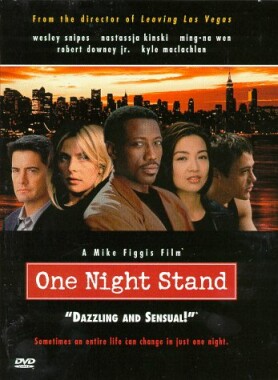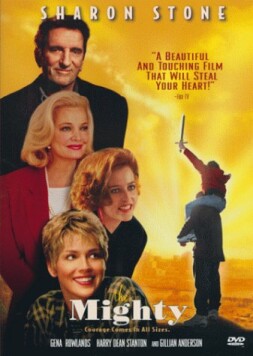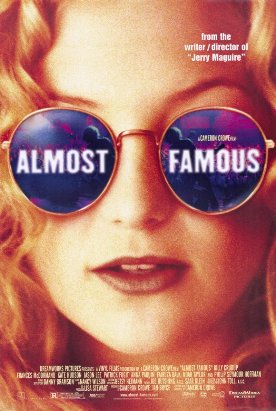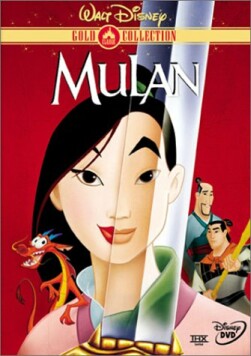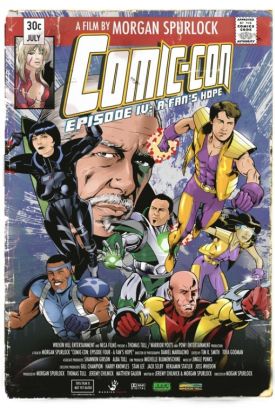Hav Plenty
Hav Plenty by Christopher Cherot is a young man’s film about love and
success in the black middle class and as such, I suppose, is to be applauded
merely for existing. At least it is a welcome break from those tiresome boyz in
the hood and other forms of playing up to black stereotypes. But like other
films by young black filmmakers, especially those like this one where the
director also stars, it is shot through with wish-fulfilment fantasy. Being cool
and smart and creative but a bit nerdy, like Mr Cherot, ultimately gets the girl
and the fame and the money, while the megacool rapper (Hill Harper) is shown to
be a sleaze and a phony. This is an attractive proposition in itself, though it
would be a lot more attractive, one can’t help thinking, if it were not quite so
obviously a case of Mr Cherot tooting his own horn.
He plays an impecunious young writer improbably called Lee Plenty. The girl
of his dreams is is Havilland Savage (Chenoa Maxwell), the daughter of a
well-to-do black family in Washington, D.C. who is a successful publisher in her
own right. He finds himself staying with the family over an eventful New Year’s
weekend and, like many a mythic hero before him, has to prove he is worthy by
resisting the temptations posed to him by several other women, all of whom are
more immediately attracted to him than his dreamgirl, who not only dislikes him
but is going with the hot young rapper, which makes her the envy of all other
women. The fly in the ointment is that the rapper, Michael Simmons, has been
untrue to her and she spends the weekend away from him, angry and unsure what to
do with his apologies and pleas to get back together. .
There is some charm in the more cultivated Lee’s ironies at the expense of
Michael’s megahits, such as “40 Ounces of Love”, “Love 40,” “Gattin’ on Love”
and “Crack Addict,” and it is a good joke to have a bevy of respectable
middle-class black women refer to him as “the next Marvin Gaye.” Lee has sense
enough not to moon over the beauteous Havilland and to talk back to her in a way
she is clearly not used to.”Who do you think you are that you can talk to me
like that?” she asks him.
“Who do you think you are that I can’t?” he replies.
It makes a refreshing change from Michael’s phony unctuousness, and Hav gets
a shock when they visit her Grandmother, who calmly announces that this is the
man she will marry. She’s called it before, with her mother and her sister. “All
I know is what I see when two people are together,” she says when Hav resists.
“You can either do it the hard way or the easy way.”
Of course, they both do it the hard way, but you could argue that the film
itself, whose fashionably post-modern ending presents us with the fictional
Lee’s film on the same subject as its own, does it the easy way.
Discover more from James Bowman
Subscribe to get the latest posts to your email.


